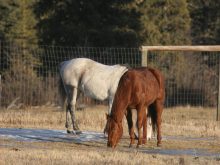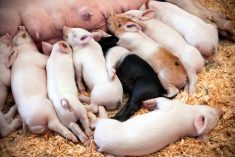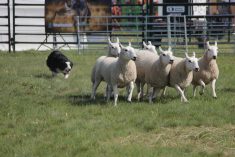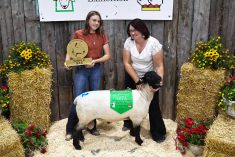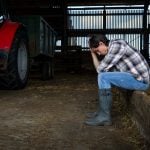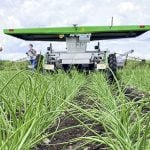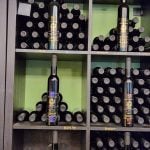The Small family farms 1,800 acres near Craven, Sask., which has been home to William James (Bill) Small since his birth in 1927.
He graduated from the University of Saskatchewan in 1948 with a diploma in agriculture and after returning to the farm, took education and the modernization of agriculture seriously, implementing new technology and attitudes toward the business.
He also believed in the role of communication between producers and was convinced farmers should be active in their own organizations and communities.
“It has always been better if we do things for ourselves rather than letting governments or business provide us with a service or program,” he said in a 2005 interview.
Read Also
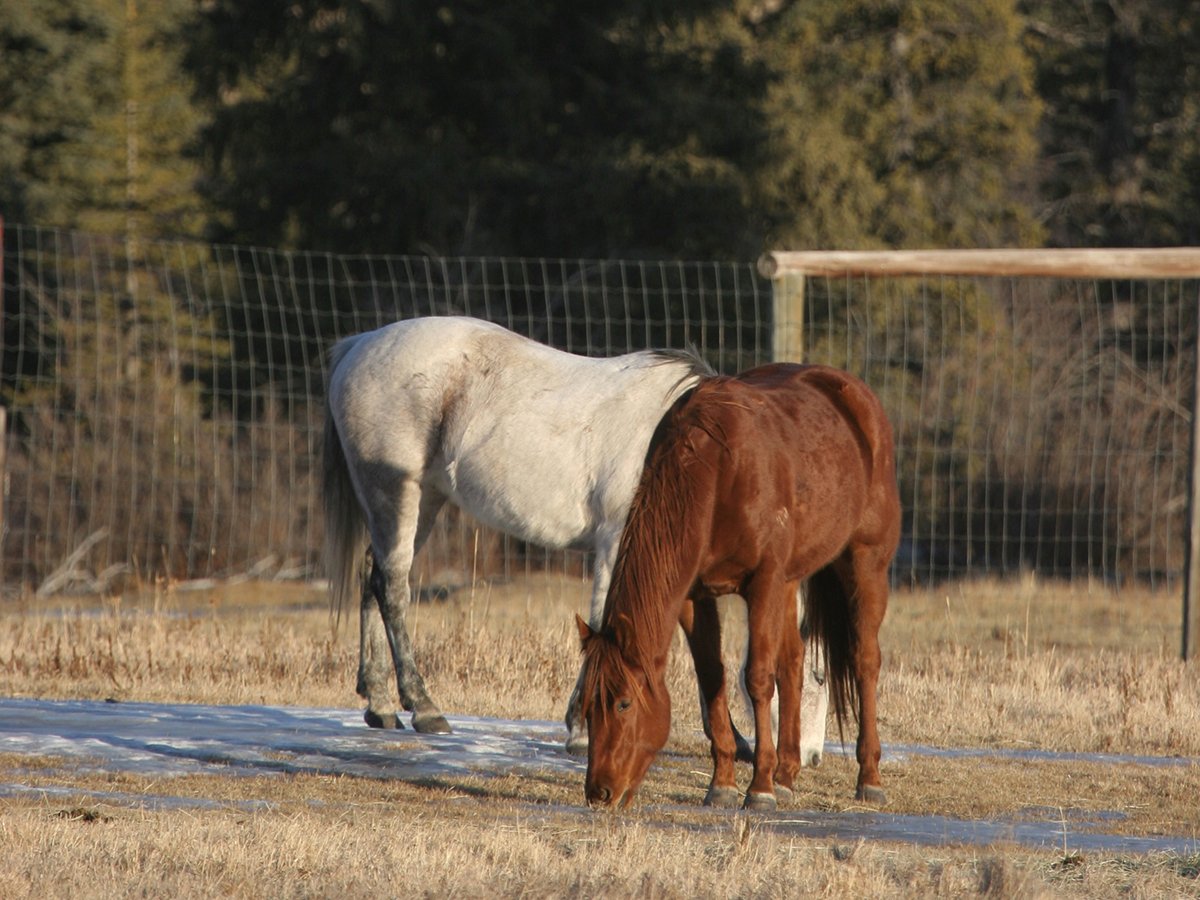
Why selenium is still an important factor in horse health
Selenium is an essential equine trace mineral that supports antioxidant defense, muscle integrity, immune function, metabolism and thyroid activity.
“We can blame ourselves and make change as we need to.”
This philosophy left him with few weeks that were free of meetings between the 1960s and the 1990s. He was an active 4-H leader, former president of the 4-H district council, school board trustee, municipal councillor, director of provincial and national Shorthorn and Simmental associations and was involved in the Saskatchewan Cattle Breeders Association, Horned Cattle Fund, Saskatchewan Livestock Association, Saskatchewan Agricultural Hall of Fame, Regina Exhibition Association and the Western Canada Farm Progress Show.
However, Small’s crowning achievement is probably Canadian Western Agribition.
“Chris Sutter had been to the Denver Stock Show and thought we should have a winter show based on that model,” Small said.
“I was the guy in the barns and with experience at other shows across the country. I worked on how to run a show and I had experience on the Exhibition board.”
Small was familiar with scenarios in which exhibition boards operated livestock shows and the minimal role this left to producers.
“All they have to do is show up and pay their fees. It isn’t their show anymore.”
Small’s vision was a show where purebred breeders would operate their barns and their events using the exhibition’s facilities.
“It worked, it grew and succeeded on that model. It is the one we use here today,” he said.
Agribition also absorbed a suffering fall farm equipment show called Regina Mexabition, and something unusual happened.
“A piece of farm equipment actually sold at the show. Lloyd Young, the Massey Harris dealer in Weyburn, sold a large piece of farm equipment at the show. Money changed hands and dealers came,” he said.
“I knew from experience with other shows that timing was important. The other farmers (on the Agribition board) knew it too. And this was our show.”
He said the founders originally considered holding Agribition in October.
“Some cattle producers liked it, but many, as well as sheep and swine, said many years harvest would be a problem. We liked November, but it had to be after the Royal Winter Fair in Toronto. The Royal was Canada’s big purebred beef show in those days.
“That sale meant we began attracting a trade show that helped to build and economically support the beef cattle events. Agribition is all about beef cattle: a bottom up, producer-run show and that is why it has lasted and grown.”
Besides his role in Agribition, Small was also the founding chair of the Western Canada Farm Progress Show, North America’s largest dryland farm equipment show.
Small was president of the Regina Exhibition Association in 1976 and president of the Canadian Simmental Association from 1984 to 1990. At that time the breed association was developing and publishing Canada’s first purebred beef cattle sire summary and expanding and improving its groundbreaking computer registry system.
Small has judged cattle shows at the local, regional and national level, including the Royal Winter Fair and Agribition.
He is on the honour roll of the Canadian Association of Exhibitions and Fairs, is an honorary director of the Saskatchewan Agricultural Graduates of the U of S, has received a U of S distinguished graduate award, was inducted into the Saskatchewan Agricultural Hall of Fame, another board on which he served, and received the Saskatchewan Order of Merit.
In 2005 he was given Agribition’s builder’s award, now named the Chris Sutter Award.
“Producers know best how to market,” he said.
“They know what their needs are. They do the best job of it when they are invested in the process, when it is their own.”
Small is 80 years old.


